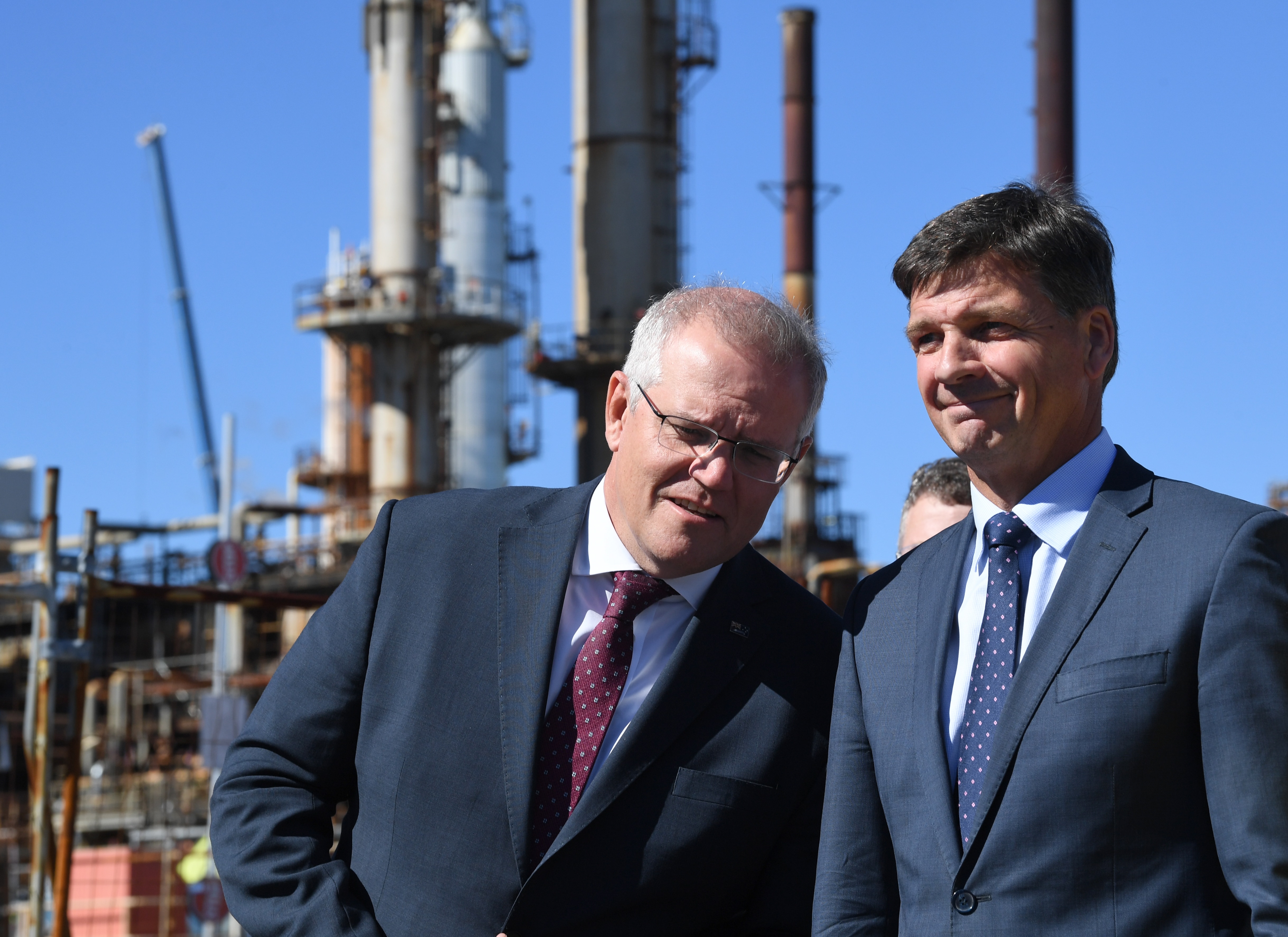Global warming of 15 degrees could be reached a decade earlier around 2030 major climate report finds
Global warming could hit 1.5 degrees Celsius above industrial levels around 2030 - a decade earlier than previously projected - and changes in the Earth’s climate have been observed in every region across the world, according to a critical new report that has been years in the making.
The Intergovernmental Panel on Climate Change’s sixth climate assessment, released on Monday, also said all but a fraction of the 1.1 degrees of global warming since the mid-19th century is “unequivocally caused by human activitiesâ€.
Climate changes are also set to increase across all regions, including in Australia, and extreme sea-level events that previously occurred once in 100 years could also happen every year by the end of the century, the report warns.
“Climate change is already affecting every region on Earth, in multiple ways. The changes we experience will increase with additional warming,†Panmao Zhai, co-chair of the group of scientists that led the report, said in a statement.
The IPCC â€" the UN body for assessing the science related to climate change â€" releases assessments around every seven years, with this most recent work set to inform a crucial world climate summit in Glasgow in November.
UN Secretary-General Antonio Guterres called the report a "code red for humanity".
"This report must sound a death knell for coal and fossil fuels before they destroy our planet," he said in a statement. "Countries should also end all new fossil fuel exploration and production, and shift fossil fuel subsidies into renewable energy."
The IPPC projected the increase in global surface temperature for five emissions scenarios - ranging from wildly optimistic to outright reckless - and identifies best estimates for 20-year periods with mid-points of 2030, 2050 and 2090.
By mid-century, the 1.5C threshold will be breached across the board - by a 10th of a degree along the most ambitious pathway, and by nearly a full degree at the opposite extreme. Under the most optimistic storyline, Earth's surface will have cooled a notch to 1.4C by century's end.

Smoke from a wildfire spreads over a statue at Pefki village on Evia Island north of Athens
AP
The report comes as Greece and Turkey continue to battle devastating wildfires that have been raging for weeks, as northwestern America reels from its own deadly fires, and as China, Belgium and Germany pick up the pieces from catastrophic floods.
“This report is just the latest one to tell us that the human race is interfering with the climate system to the extent that our very life support system on this planet is being threatened,†the Climate Council’s Leslie Hughes, a professor of biology at Macquarie University who also worked on the last two IPCC snapshots, told SBS News.
More than 230 scientists from 66 countries worked to synthesise more than 14,000 pieces of climate research to produce the report, which also states Australia - which has seen extreme floods, drought, and unprecedented bushfires in recent years - is particularly vulnerable to climate change.
Sea levels in Australia have risen at rates higher than the global average, shorelines are already retreating, and increased coastal flooding is expected over the coming decades, according to the report.
Torres Strait Islands are at risk of disappearing entirely.
Warraber man Kabay Tamu - one of eight Torres Strait Islanders to file a complaint with the UN against the Australian government over its inaction on climate change â€" said the report’s findings were not surprising.
“The report, I think it just confirms all of our stories. Our land is getting taken away [by rising sea levels]. We see it ourselves. We are on the frontline here,†he told SBS News.
Australia has not committed to net zero emissions by 2050, with the federal government saying it would like to achieve it as soon as possible and preferably by mid-century.
Energy and Emissions Reductions Minister Angus Taylor said in a statement on Monday the report “reinforces the need for a coordinated, global effort to reduce emissionsâ€.
He said the government’s technology investment roadmap “is positioning Australia to be a leader in the next generation of low-emissions technologies that will make net-zero emissions practically achievable.â€
“Our technology-led approach to reducing emissions will see Australia continue to playing its part in the global effort to combat climate change without compromising our economy or jobs,†he said.

Scott Morrison (left) and Energy Minister Angus Taylor (right) during a tour of the Ampol Lytton Refinery in Brisbane, Monday, 17 May, 2021.
AAP
On Monday, research from the Australia Institute ranked Australia’s transition away from fossil fuels as the worst out of 23 OECD nations.
Prof Hughes said the Australian government needs to do more.
“The Australian government shouldn't need this as a wake-up call. This is just the latest wake-up call of many hundreds of previous wake-up calls. The Australian government has proved to be extremely recalcitrant in doing its global fair share of tackling climate change.â€
Greenpeace Australia CEO David Ritter agreed.
“Australians have every right to be scared and every right to be angry because this report is scary and angry - and it is the obligation of Prime Minister Scott Morrison and of all our political leaders to act now,†he told SBS News.
With AFP.

0 Response to "Global warming of 15 degrees could be reached a decade earlier around 2030 major climate report finds"
Post a Comment